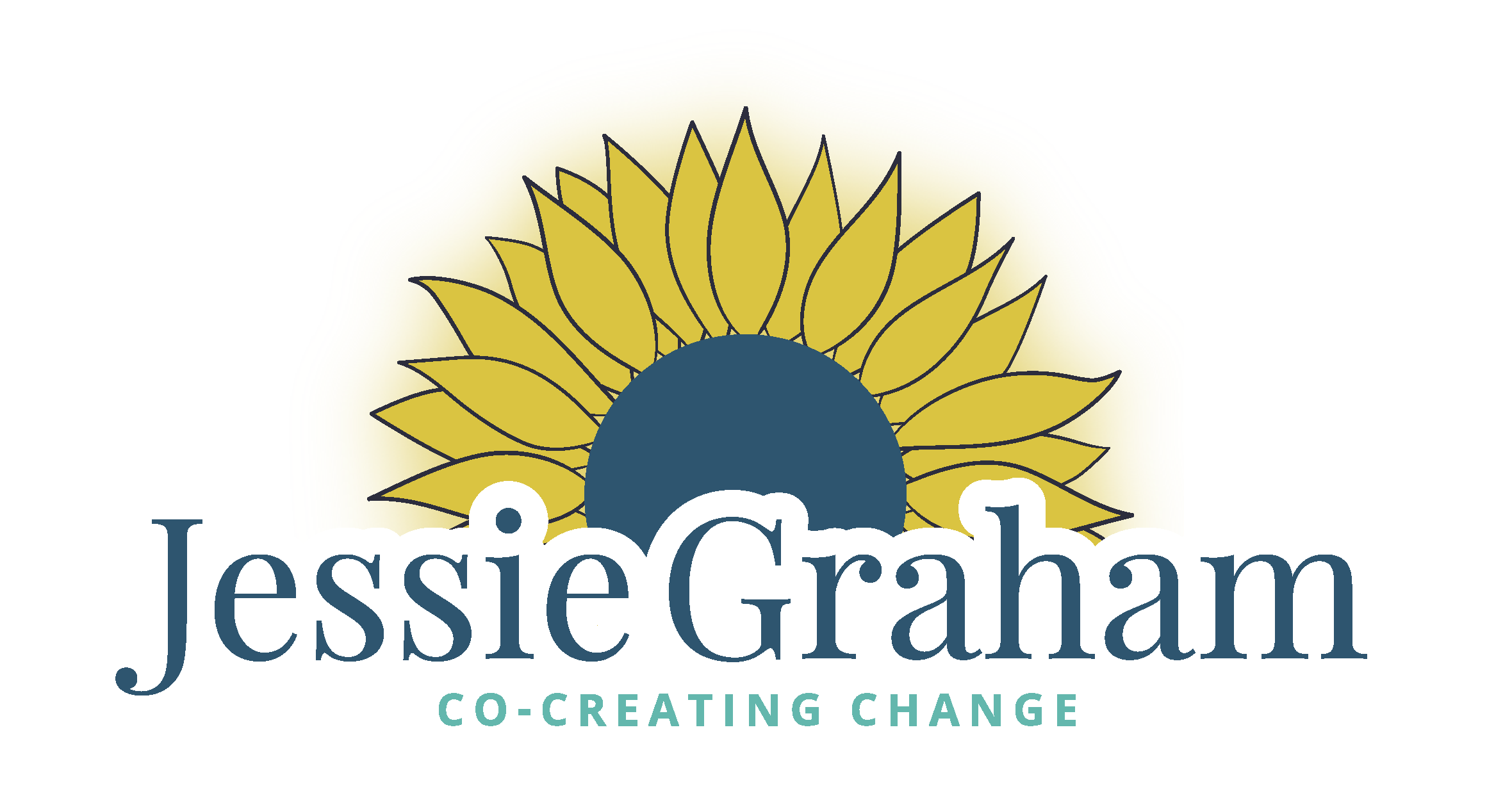Coaching with a Trauma Informed SLP: Understanding the Impact of Adverse Childhood Experiences
(Please remember to click on the colored links for more resources!)
I am a Trauma Informed SLP (Speech Language Pathologist) and a Certified Coach. After working in the field of Speech Language Pathology and gaining lots of experience in a variety of settings I decided to get my Coaching Certification.
Why Coaching? Coaching allows me to partner with professionals in a variety of settings to set and achieve goals where there is a desire for change.
Education is a system that desires and requires change. After all, each day we want children to “learn” new information and skills, and apply them.
So, what does Trauma Informed mean? and how does it apply to the work we do as Speech Language Pathologists?
The research is out! When children don’t experience safe and nurturing early attachments, they are more likely to have challenges with Attention and Memory and Engagement in learning and may exhibit significant behavior problems and challenges with social and emotional development. Many of the students I have worked with over the years, have experienced traumatic events/adverse childhood experiences and/or toxic stress. Many adults have as well. So Trauma Informed means that you understand that some children and adults have had experiences that impact cognitive abilities, social and emotional development and behaviors.
Most of my career has been spent assessing, diagnosing and “treating” or “providing services” for children and their families. This form of labeling can be more harmful than helpful. By separating children from their peers in special classrooms and giving them a label that says there is “something wrong” with them, we can damage self esteem and cause feelings of isolation. Yes children love coming to Speech… up until a certain age. When they look back, hopefully they have “grown out of it” or feel better for it.
In the realm of Special Education, students are often eligible for speech and language services. Their testing shows lower scores because the stress responses in their brains impact their ability to access their full cognitive capacity and they have challenges with Attention and Memory. In addition some children don’t experience adequate language enriched environments, in their native language or in english.
I am beginning to wonder, what came first, the challenges with attention and memory or the receptive and expressive language processing ? If we don’t ask about early development, we will not know. What are some of the Adverse Childhood Experiences that we look for? Abuse, neglect, divorce, parents with mental health challenges, to name a few… Click this link Adverse Childhood Experiences for more information on the ACES Study.
“Children Learn What They Live”, they develop at different rates and some are more aware of their strengths and challenges than others. Brain development is impacted by their wellbeing and early attachment. Some children are more resilient than others based on their positive experiences.
I often ask myself and hear others ask “how can I make an impact with so many children in such small amounts of time?”
Through connection. By being present and developing a relationship with students they feel seen and heard and can attend more easily allowing access to their executive functioning. One-one and small group instruction lend themselves to spending time with a caring adult. However, that likely only happens 1-2 times per week for 30 minutes in a typical school day. What about the rest of the day?
Most children will experience an event or series of events that cause their nervous system to go into fight, flight or freeze. Without addressing “what happened” (the events or ongoing stress) and bringing their neurobiological system back to “normal” or a state of well-being or regulation, the brain stays in fight flight or freeze, and they continue to have difficulty communicating or processing language. Worse yet, the stress is compounded because in a school setting they are expected to constantly make progress and learn new skills that build on prior knowledge which they may not have had in the earlier years (Birth to three).
By collaborating with the School Psychologist and the Special Education Teacher, SLPs can better understand how Attention, Memory and Language Skills interact with Reading, Writing and Math skill development, as well as higher level language processing needed for pragmatic language and comprehension of complex language.
I feel safe to say most of the students who have been evaluated on my Speech and Language caseloads have had limited capacity in Attention and Short Term and Working Memory. That means they are having challenges all day long with language and learning.
I get really excited when I think of the opportunities, we have to support students with language and learning by being proactive. Teaching students how the brain works and understanding how to present information information to individual students so they can comprehend it and integrate it with prior knowledge and experiences. Then they can become empowered learners, and not feel so frustrated and stressed in school.
Referring students and their families to mental health clinicians will support them in processing any adversity and therefore free up their cognitive resources for learning.
Let’s spend our time and money engaging in supportive activities instead of processing Special Education Paperwork.
Which leads me to the importance of “Knowing you Student’s Story” . Click the link to register!
I am excited to Empower Educators to become Trauma Informed. I am also excited to work with children and parents in their homes during remote learning.
Let’s take time to reflect on what is really working.
How many students are making progress in Special Education?
What do you know about brain development and how it impacts learning?
You can join me for this upcoming group coaching event.
Let’s Talk about ACES (Adverse Childhood Experiences) and Speech and Language Skills
Or you can always contact me for a private coaching session or consultation with your school or organization. Contact Jessie
